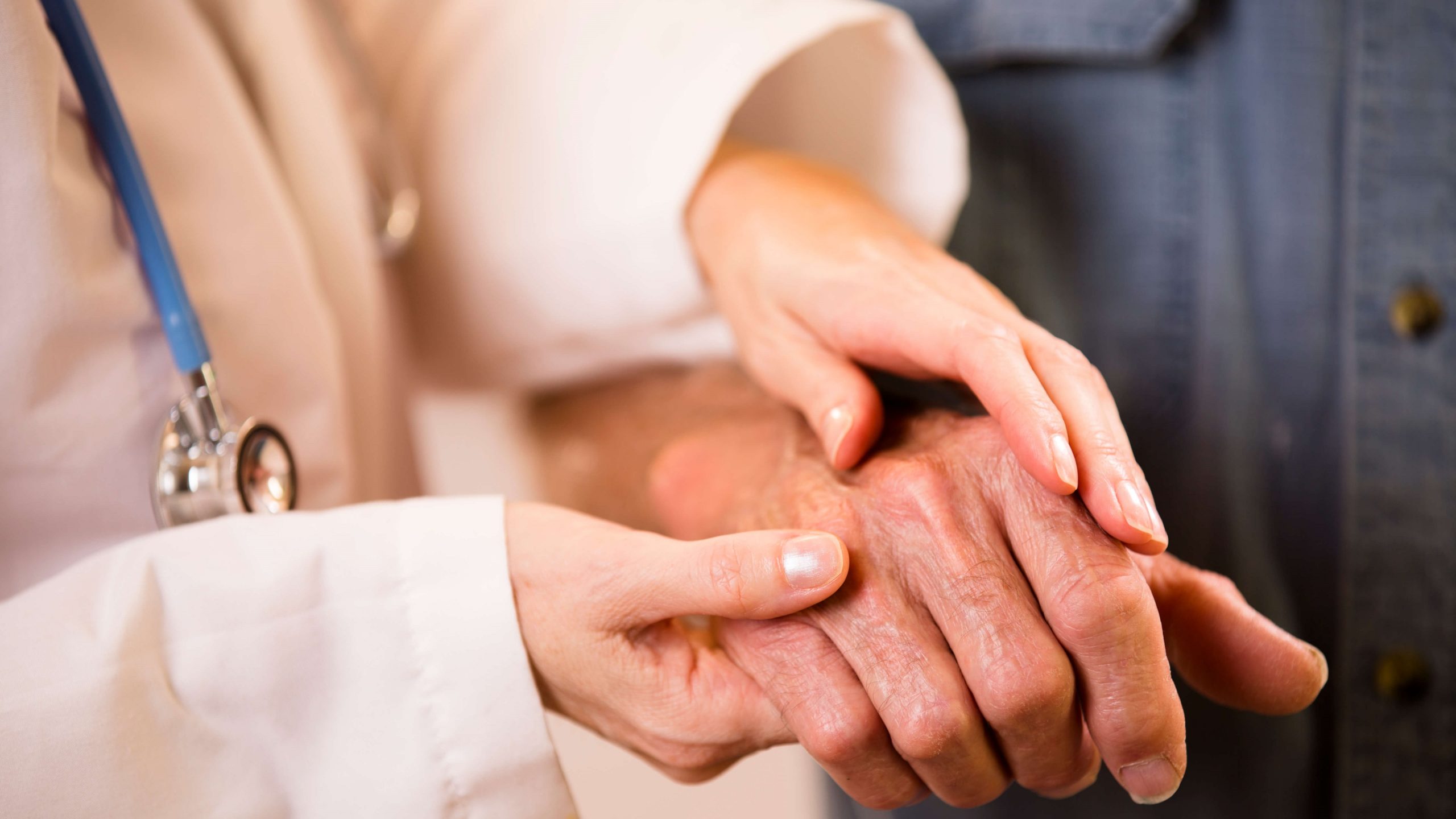When Should You Seek Emergency Care For a Burn?

Summer is all about having fun outside and taking advantage of the warm weather. However, with long beach days and backyard barbecues, there is also a heightened risk for burns. These summer months, most burns are caused by sun exposure, grills, fireworks, and even campfires. While most people will not require treatment for small injuries, it is important to know when to seek the help of a professional. The team at iCare ER & Urgent Care is prepared to treat all types of burns in your area.
So how do doctors treat burns, and how can you address serious issues, like a severe sunburn? When you contact our clinic in Fort Worth, TX, our board-certified physicians can provide information about your burn and let you know what options are available. Our staff is proud to treat all kinds of emergencies at the most appropriate costs. Best of all, individuals are not billed as an emergency when they arrive during urgent care hours.
How severe is the burn?
The severity of a burn is based on the amount of damage it causes. First-degree burns are the least serious since they only involve the outer layer of skin. They do not necessarily need to be treated by a healthcare provider. First-degree burns may cause some discomfort along with red, irritated skin. A second-degree burn is more significant, causing red or white splotchy skin or even blisters.
Any injuries smaller than three inches can follow a course of self-treatment. This includes soaking the burn in cool water for a few minutes. The skin will also need to be treated with aloe vera or an antibiotic ointment before being wrapped in a dry gauze bandage. A simple drugstore pain reliever can help with any pain and inflammation. However, if the burned area is larger, treat it like a major burn and seek medical advice.
A third-degree burn is the most significant type of burn and requires immediate medical attention. Third-degree burns involve not only all layers of the skin, but also the underlying fat and sometimes the muscle and bone. Do not attempt to treat the burn and go to the nearest medical center right away. Skin damaged by a third-degree burn may seem dry and leathery or appear black, brown, white, or yellow.
Types of burns
The following are the most common types of burns we treat at iCare ER & Urgent Care in Fort Worth, TX:
-
Thermal burns: caused by external heat sources, such as fire or hot liquids, that come in contact with the skin. Thermal burns are usually classified as first, second, or third-degree burns as described above.
-
Radiation burns: caused by prolonged exposure to ultraviolet (UV) rays. Too much UV exposure from the sun or tanning beds can damage the skin cells and eventually lead to skin cancer. Severe sunburns can be prevented with a high-SPF sunscreen and UV-resistant clothing.
-
Chemical burns: caused by exposure to harmful chemicals, such as bleach or drain cleaners. Chemical burns can affect the skin or lungs and, sometimes, result in burning, pain, numbness, difficulty breathing, or vomiting.
-
Electrical burns: caused by lightning or manmade sources, such as an outlet. Electrical burns affect the skin as well as the internal organs and muscles.
How do doctors treat burns?
So how do doctors treat burns? Based on the severity of your burn, iCare ER & Urgent Care may bring you to urgent care or the emergency room. Minor burns are treated with gentle cleansing and decontamination. Then, patients may receive pain medication and antibiotics to ward off infection. If the burn is serious, stabilization will be our main focus. Our staff may introduce fluids through an IV line. Chemical burns or electrical burns could require medical tests to understand the extent of the internal damage. Our on-site laboratory is equipped with advanced technology so we can apply the appropriate treatment quickly.
Treat severe sunburns and more
The physicians at iCare ER & Urgent Care know how painful it is to deal with a burn. Our team is highly experienced in treating all kinds of burns, including severe sunburns and thermal burns. Our clinic can also address complex issues, such as appendicitis, painful kidney stones, concussions, broken bones, and asthma exacerbations. We can help get you back on the path toward recovery while making you as comfortable as possible. To learn more about burn care, we encourage you to visit one of our convenient metroplex locations.
FOLLOW US ON SOCIAL FOR MORE RELEVANT,
LOCAL HEALTH INFORMATION